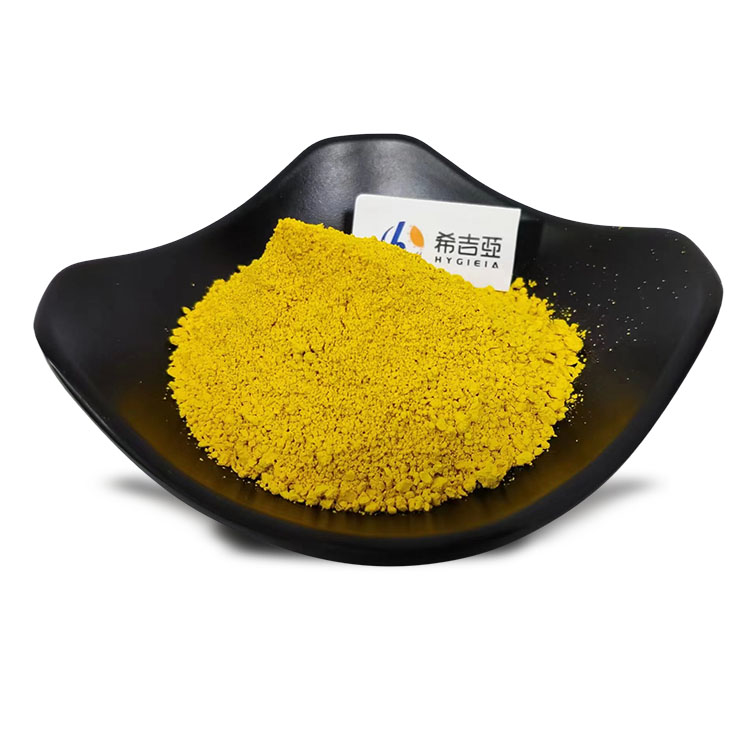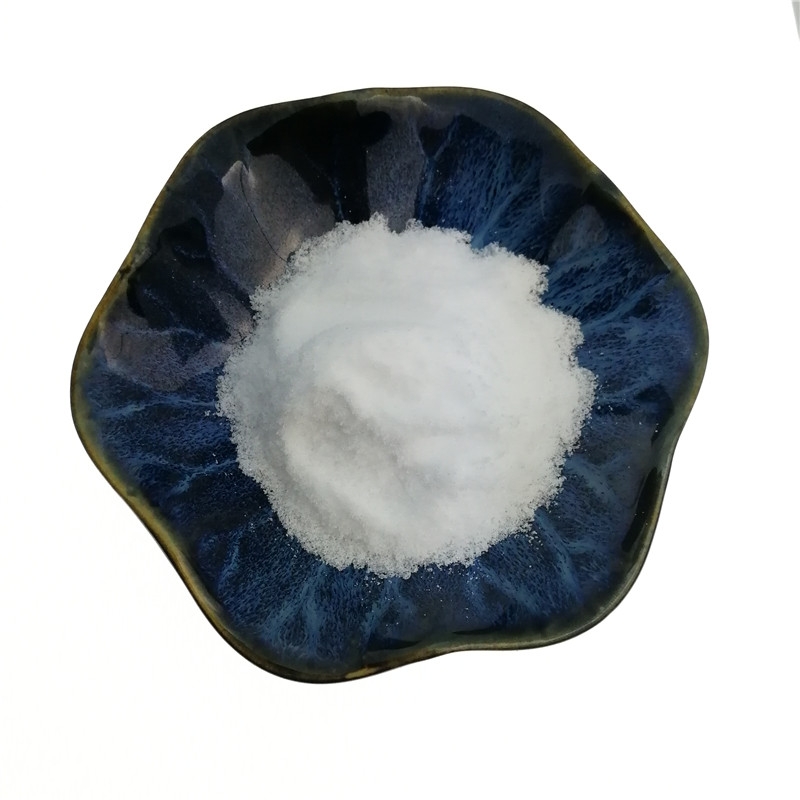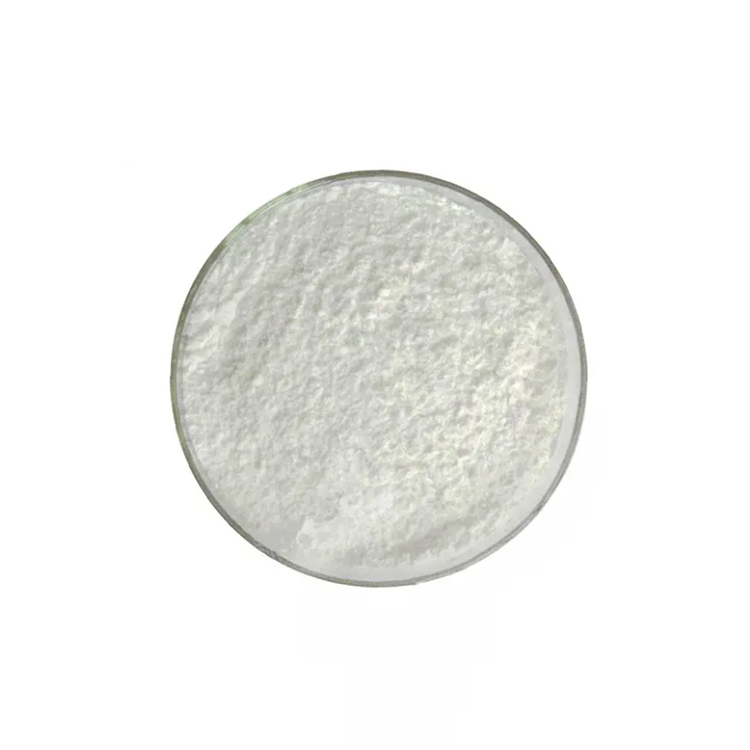-
Categories
-
Pharmaceutical Intermediates
-
Active Pharmaceutical Ingredients
-
Food Additives
- Industrial Coatings
- Agrochemicals
- Dyes and Pigments
- Surfactant
- Flavors and Fragrances
- Chemical Reagents
- Catalyst and Auxiliary
- Natural Products
- Inorganic Chemistry
-
Organic Chemistry
-
Biochemical Engineering
- Analytical Chemistry
- Cosmetic Ingredient
-
Pharmaceutical Intermediates
Promotion
ECHEMI Mall
Wholesale
Weekly Price
Exhibition
News
-
Trade Service
China has implemented compulsory iodization of table salt for more than 20 years.
Except for patients with thyroid disease, most people recommend to eat iodized salt
.
Although official agencies have repeatedly emphasized the importance and necessity of iodization of table salt, many consumers still have a grudge about "mandatory iodine supplementation"
.
Some people even chose non-iodized salt without hesitation, and chose "My site is in charge
.
"
It is true to Hegel's words: The only lesson that mankind can learn from history is that mankind never learns from history
.
Is it okay to take a break between classes for so long to supplement iodine? Qiannan Prefecture in Guizhou is a typical iodine-deficient area.
It has been supplying iodized salt since 1978, and by 1985 endemic goiter was basically under control
.
However, in 1988, due to the problem of salt supply, the local area was forced to distribute 30-year-old war-prepared salt (iodine-free large-grain sea salt) to the township
.
Just one year later, the local epidemic prevention station went to investigate and found that the goiter rate of 7-14 year old school students rose from 12% to 32%, and in some villages and towns the rate of goiter rose to 55%, and they returned to the pre-liberation overnight
.
In addition, data shows that only 2 months after switching from iodized salt to non-iodized salt, urine iodine has dropped from an appropriate level (the lower limit is 100 micrograms) to about 50 micrograms.
It can be seen that the human body cannot store iodine at all.
The salt immediately returned to its original shape
.
Iodized salt not only cannot be stopped, but also the quality and coverage must be ensured
.
In 1956, the Ministry of Health of the former Soviet Union issued regulations to supply iodized salt to iodine-deficient areas.
Later, the mandatory iodization policy was gradually implemented and the sale of non-iodized salt was restricted
.
Ten years later, the former Soviet Union almost completely eliminated goiter, and then the Ministry of Health "declared victory" and ended the supervision and monitoring of iodine deficiency diseases
.
Later, the production and quality control of iodized salt became more and more sloppy.
Coupled with reasons such as transportation, storage and economic deterioration, the supply of iodized salt appeared loopholes
.
By the 1980s, iodine deficiency disease had relapsed on a large scale in the former Soviet Union
.
After the disintegration of the former Soviet Union, iodine deficiency disease rose to a major public health problem in several participating republics
.
Endemic goiter was basically controlled in Zhangping City, Fujian Province in 1989.
However, due to the impact of non-iodized salt and the decline in the quality of iodized salt, the iodine deficiency disease quickly returned
.
In 1993, 2700 school students aged 7-14 years old were investigated, and the goiter rate rose from 14% to 48%
.
A similar situation also occurred in Xinjiang.
In 2006, 34 villages in 11 townships in Wushi, Baicheng, and Luopu counties were found with nervosa patients.
A total of 76 cases under the age of 15 were diagnosed.
The reason is that the coverage of iodized salt has dropped significantly
.
"Compulsory iodine supplementation" seems very arbitrary.
Can consumers make their own choices? Here you can see the demonstration of the Indian people
.
The geographical environment of India is very close to that of mainland China, and it is also a typical iodine-deficient area
.
They started to fully iodize table salt in the 1980s and strictly restricted the sale of non-iodized salt.
However, the implementation of the policy has been lax and the iodine deficiency disease has not been fundamentally resolved
.
Around 2000, some people in India claimed that “the ban on the sale of non-iodized salt violated human rights and was unconstitutional” and continued to create troubles
.
In order to comply with the voice of the people, the Indian government has relaxed the sale of iodized salt
.
As of the beginning of 2005, 250 million people in India suffer from various degrees of iodine deficiency, and 50% (13 million) of infants each year suffer from various degrees of mental retardation and other diseases caused by iodine deficiency
.
Later, the Indian government came to a awakening, and in 2005 it restarted the strengthening of salt iodization and supporting policies
.
To sum up, because the main cause of iodine deficiency disorders is the lack of iodine in the external environment, there is no one-time and permanent solution to eliminate iodine deficiency disorders, only persistent efforts
.
Historical experience shows that as long as the iodine-deficiency area relaxes the iodine policy, the iodine deficiency disease will come back
.
For a country with a population of 1.
4 billion, such a mistake is clearly unacceptable
.







